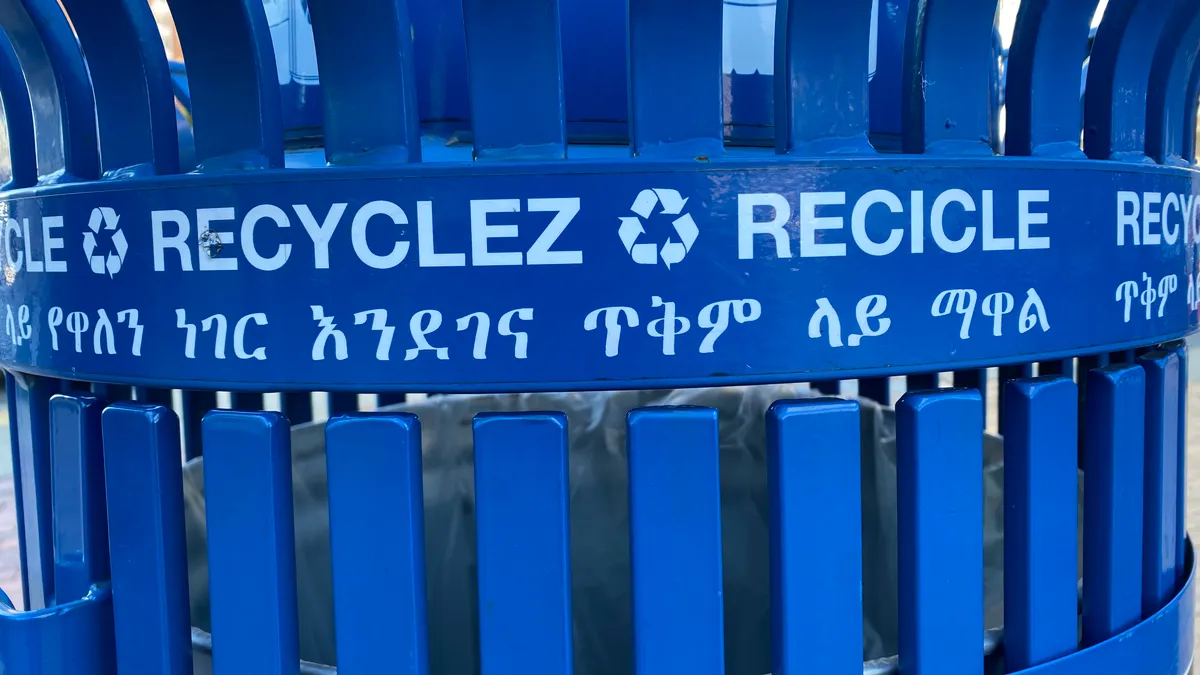Dive Brief:
- Researchers have identified a way to recycle the polyvinyl chloride (PVC) that is widely used in medical technologies such as tubing and blood bags.
- Writing in Nature Chemistry, researchers at the University of Michigan describe a process for chemically recycling PVC into usable material.
- If industrialized, the process could reduce the waste generated by parts of the medtech industry and change the economics of PVC-based products.
Dive Insight:
Hospital patients in the U.S. generate about 33.8 pounds of waste each day, resulting in 6 million tons of waste annually. None of the waste made from PVC, a plastic used in tubing, blood bags, masks and more, is recycled. The 0% recycling rate for PVC in the U.S. reflects the difficulties of processing the material.
“PVC is the kind of plastic that no one wants to deal with because it has its own unique set of problems," Danielle Fagnani, a researcher at the University of Michigan, said in a statement. “PVC usually contains a lot of plasticizers, which contaminate everything in the recycling stream and are usually very toxic. It also releases hydrochloric acid really rapidly with some heat.”
Fagnani, first author on the Nature Chemistry paper, worked with collaborators including Anne McNeil to develop a process for recycling PVC. Typically, plastic is recycled by melting the material and reforming it into a new product. However, PVC releases corrosive hydrogen chloride gas when heated.
The researchers turned that corrosive problem into a cornerstone of their recycling process, intentionally generating the gas to mediate the reaction. While some hydrogen chloride is still released, it happens at a slower, more controlled rate, using electrochemical reactions.
According to the scientists, the reaction proceeds efficiently even with other plastic waste present, allowing it to be performed on a mixed-material recycling stream, and commercial plasticized PVC laboratory tubing can be used directly.
Their process recovers most of the raw materials that went into manufacturing PVCs, allowing them to be reused in making new plastics and other materials.
"It's a failure of humanity to have created these amazing materials which have improved our lives in many ways, but at the same time to be so shortsighted that we didn't think about what to do with the waste," Anne McNeil, the project’s principal investigator, said in the statement.










